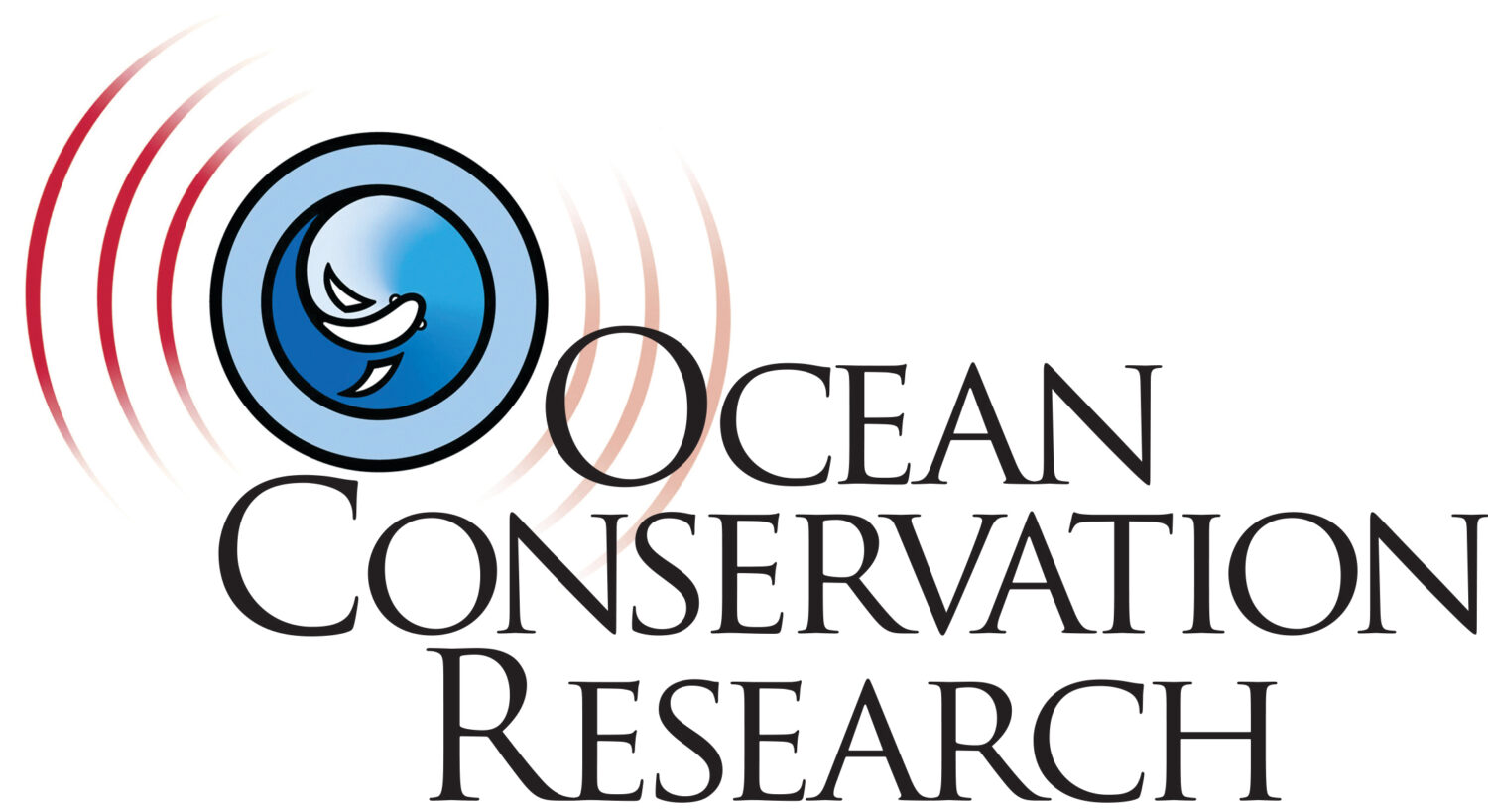Quite a few years back we committed to assemble a compendium of “auditory thresholds” or hearing sensitivities of fish and marine mammals. The objective was to plot data from each family – fish, pinnepeds, dolphins, and porpoises on their own respective graph to see what patterns might emerge.
 At first brush we thought this would just be a data entry exercise – reading through the threshold studies and plotting the results on an x-y graph with the “x” axis being frequency, and the “y” axis amplitude. We quickly found we were wrong. Among the 60 fish studies and 120 marine mammal studies we found some eleven different “standard” ways to expressing sound exposure using some nine different units of measure.
At first brush we thought this would just be a data entry exercise – reading through the threshold studies and plotting the results on an x-y graph with the “x” axis being frequency, and the “y” axis amplitude. We quickly found we were wrong. Among the 60 fish studies and 120 marine mammal studies we found some eleven different “standard” ways to expressing sound exposure using some nine different units of measure.
Some included time, others didn’t. Some expressed acceleration and vector, others just an instantaneous energy level above a reference. Joules, Nepers, Newtons, Watts, and Pascals all figured into the mess (helping me understand why there was so much contention about permitted exposure levels at the time).
We titrated out the data that we could use to make sense, applying data conversion factors to reconcile those into a single expression and ended up with graphs that represented the product of our labor – if nothing else more useful than a consolidated reconciliation of a pile of papers. (The variability in terms indicated an equally diverse variability in procedures.)
I bring this up because this week I am in Berlin participating in an International Standards Organization (ISO) meeting on terminology and procedures for underwater acoustics. Our topics are about as dry as it gets talking about water (is “pressure” measured at an unbounded point or at the boundary of a sensor? for example). But the finished product will let conservationists, legislators, regulators, and stakeholders know that the units and terms used to direct policy and practice refer to something more specific than an opportunity to argue.
As dry as these discussions may be this week they will represent a significant step in toward expressing the impacts of our noise on marine habitat.

Hi Michael
Well done for grasping the nettle on this! I have found it to be a minefield when trying to get a handle on assessments for the renewables and seismic industries
Hope the conference went well and you are not too dried out!
Nick
Thanks Nick
Fortunately the folks around the table were focused on getting the definitions right and not interested in mixing in any particular biases.